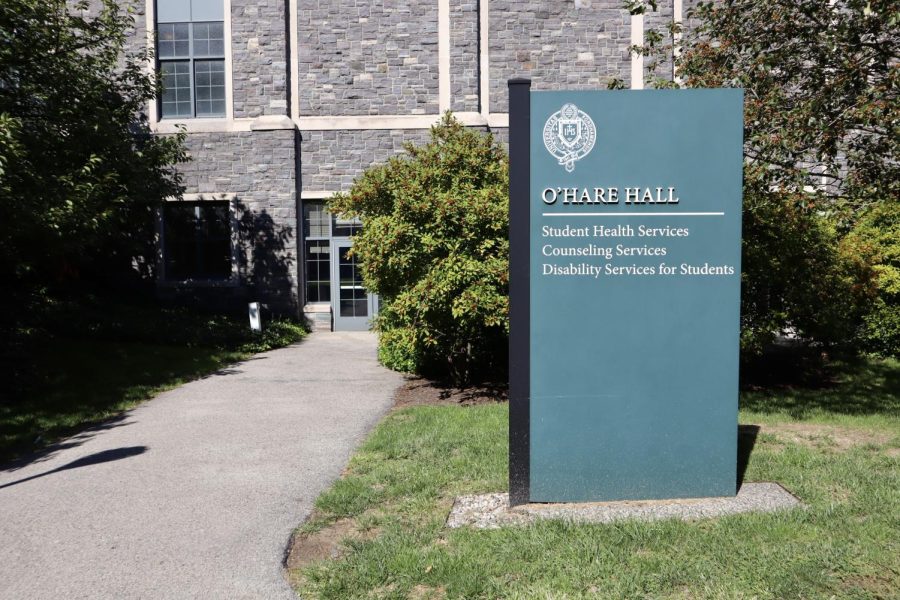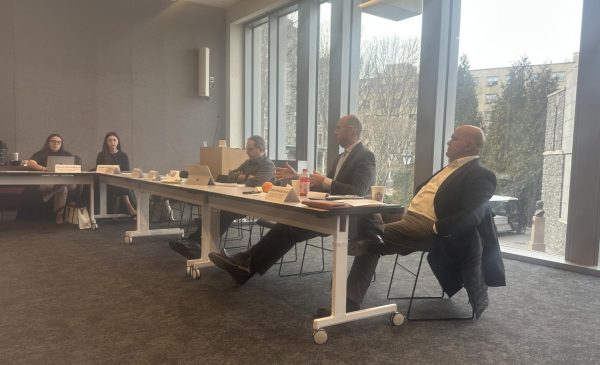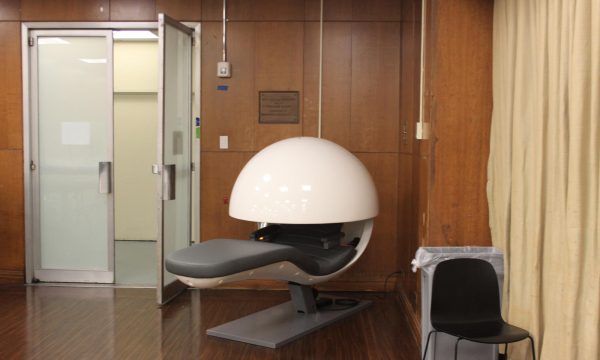CPS Rolls Out New “Customized and Equity-Based” Model
On Sept. 15, Counseling and Psychological Services (CPS) sent out an email to the Fordham University community informing them of a change in the department’s practices as part of its commitment to the delivery of tailored and culturally competent services.
In regards to the needs that arise from the diverse range of Fordham students’ backgrounds and identities, CPS will be implementing a “Customized and Equity-Based” model of care and service during the Fall 2022 semester.
To create a new framework for Fordham’s future, CPS has drawn on the “Guidelines for Providers of Psychological Services to Ethnic, Linguistic and Culturally Diverse Populations” established by the American Psychological Association. There is an emphasis placed on recognizing the significance of ethnicity and culture in psychological processes and eliminating biases as well as discriminatory practices.
These guidelines advocate for training providers to be able to accomplish four main goals: to recognize cultural diversity, understand the role one’s identity plays in development, understand how socioeconomic and political factors impact development and how to help people understand, maintain and resolve their own sociocultural identification.
CPS staff have made a number of changes in conjunction with these guidelines. A CPS Statement on Diversity, Equity, Inclusion and Justice lists commitments to practicing cultural humility, increasing accessibility and continuing ethical and professional development. Director of CPS Jeffrey Ng will help to lead this shift.
Based on this new model Ng said that care at CPS will be more tailored to individual student’s needs.
“Rather than offering most students ‘10 counseling sessions,’ we are now customizing the type, frequency and duration of services we offer based on the intersection of each student’s presenting concerns, psycho-social history, identities and access to resources,” said Ng.
CPS’s clinical capacity at the time a student is seeking services will also impact their approach. “In short, this new model means that not every student will be receiving the same type, level or frequency of services from CPS. Some students may be seen for just a few sessions while others may be seen indefinitely,” said Ng.
While Ng says the department has been unofficially following this model for approximately a decade, this marks an official change in the CPS guidelines.
By adopting less strict guidelines for approaching new patients, CPS aims to provide better, more specialized care to those seeking it. Ng gave an example of the way that CPS can specialize care.
“A student who is struggling with a temporary stressor or adjustment concern may only need to be seen for 3-4 weeks while a student with a longstanding psychiatric condition and who does not have the resources/supports to access off-campus care could be seen indefinitely by CPS,” said Ng.
Ng and the rest of CPS aim to fulfill a commitment to reducing health and educational disparities for young people.














































































































































































































